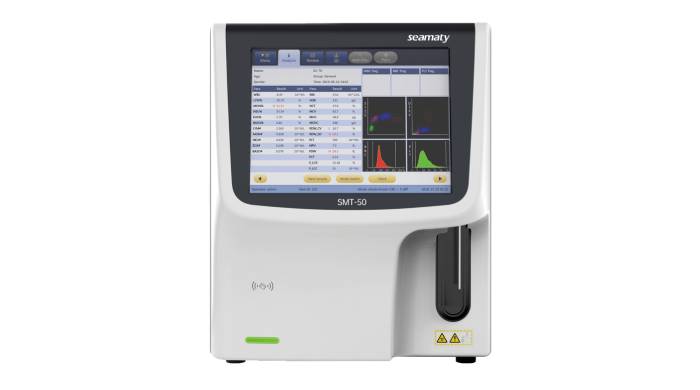
2022-05-11
Blood Counters are instruments used to measure the specific number of red blood cells, white blood cells, platelets, hemoglobin, etc. in the blood. The number of each type of blood cell is measured in the blood and the results of the test are compared to give the doctor a specific test to determine the threat of potential disease to the body.
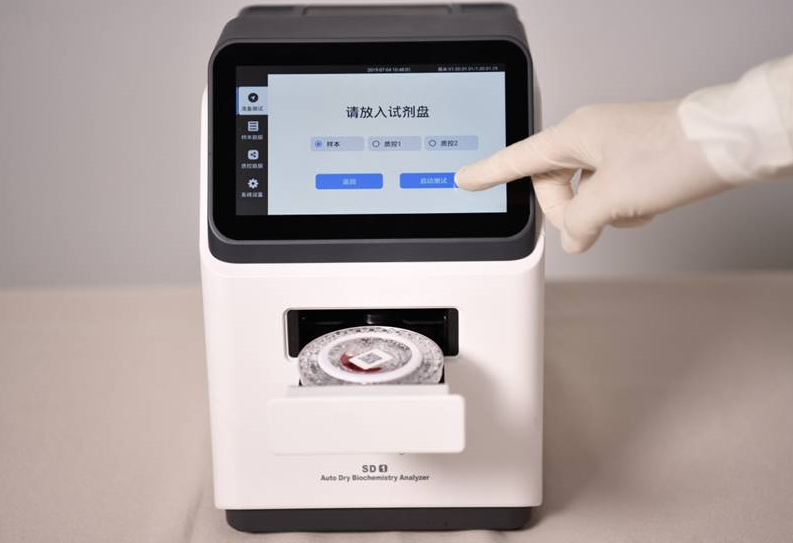
2022-05-07
Medical equipment is a high-risk special product directly related to personal health and safety. How to scientifically evaluate and formulate the use period of medical equipment, not only to ensure the safety and effectiveness of the product within the expiration date,
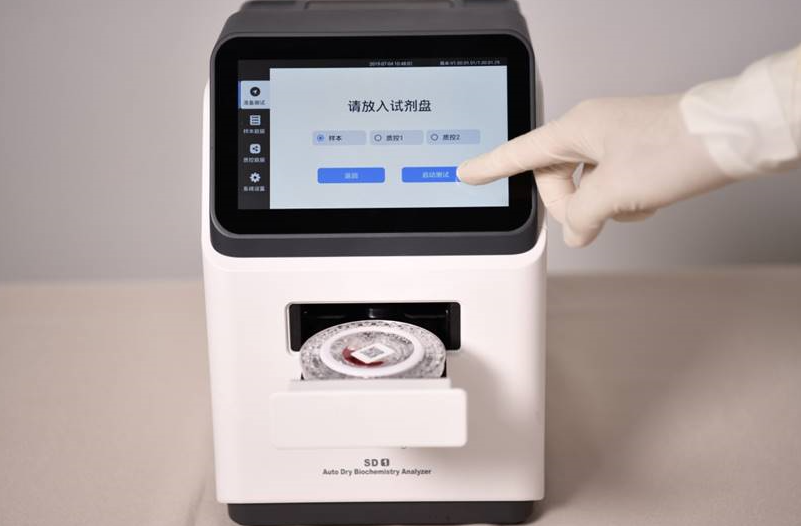
2022-05-07
There are various ways to classify biochemistry instruments according to different classification methods. However, according to the current market situation, biochemistry instruments can be simply divided into fully automated biochemistry analyzers and dry biochemistry analyzers (many small POCT biochemistry instruments also basically achieve fully automated operation).
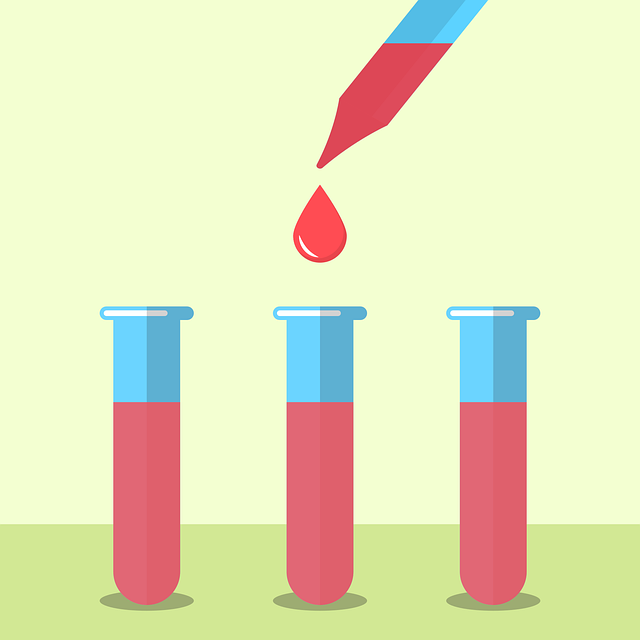
2022-05-06
Biochemical tests provide a basic assessment of the body's liver function, kidney function, blood glucose, lipids and electrolytes to help doctors prevent, diagnose and treat disease. A sample from a biochemical test that is haemolysed is likely to affect the test results. How can haemolysis affect the biochemical tests?
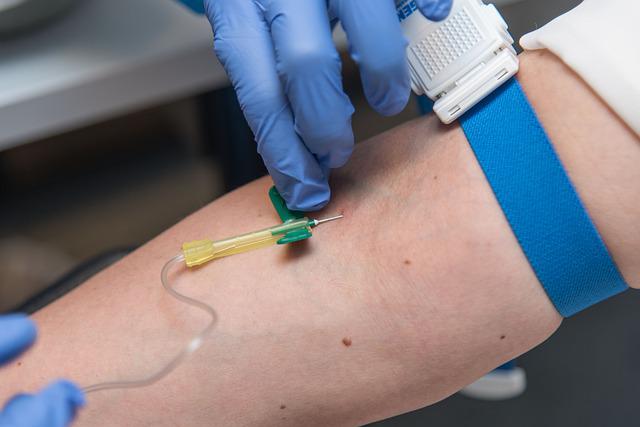
2022-04-29
The reasons and countermeasures for unqualified specimens commonly encountered by laboratory staff in taking blood specimens are summarised.

2022-04-29
The Clinical Laboratory is used for biochemical, immunological, microbiological and other tests. It is responsible for testing and assaying samples sent from various departments of the hospital.